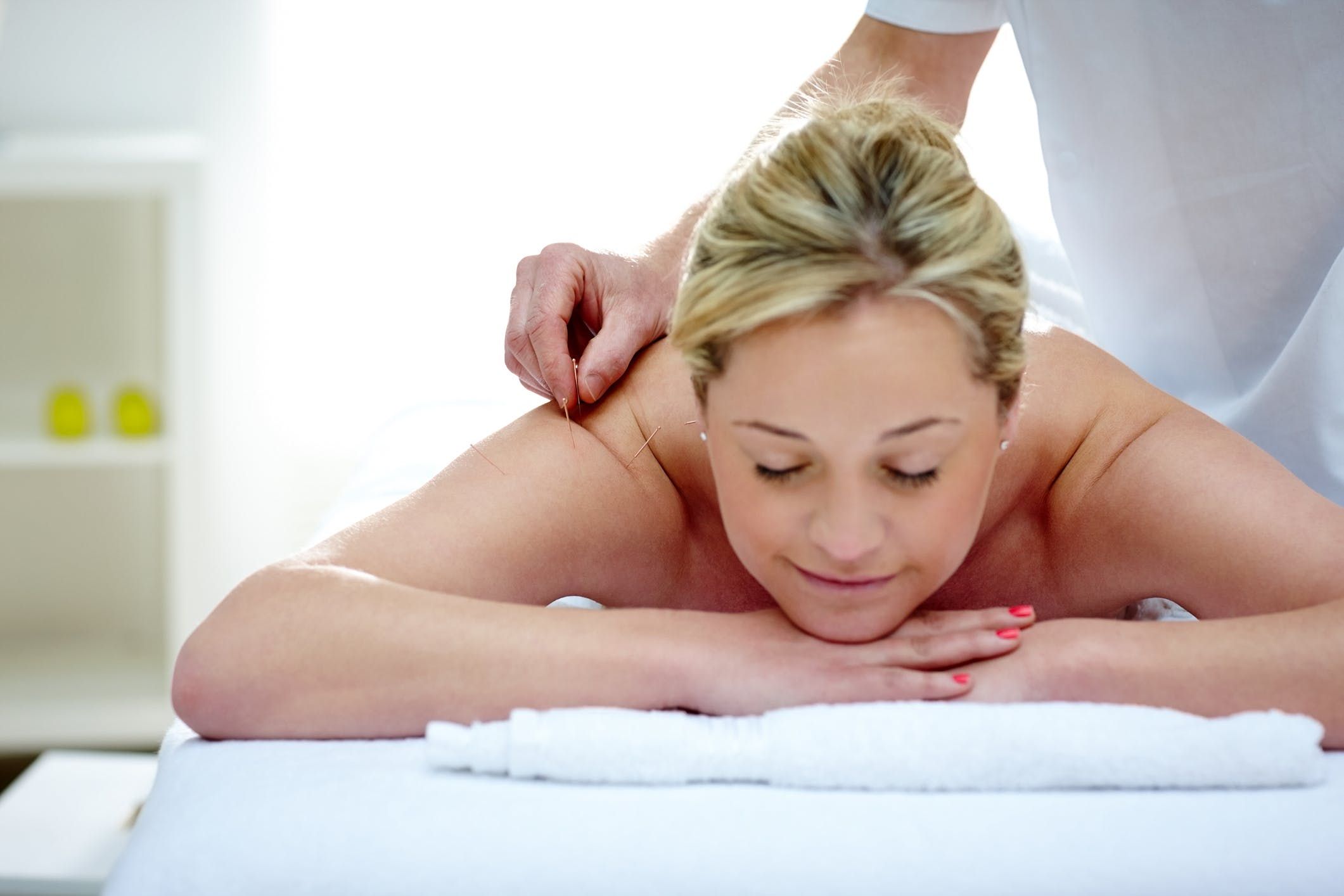Learn about brain health and nootropics to boost brain function
5 Unexpected Acupuncture Side Effects That Are Actually Part of the Healing Process

The trendy, total-body wellness practice of acupuncture consists of much more than just sticking a series of needles in your skin. Traditional Chinese acupuncture stimulates certain points in the body with hairpin needles in order to work toward healing heal a variety of conditions. At Yinova in New York City, an acupuncture, bodywork, and Chinese Medicine center, there is a focus on internal medicine, specifically women’s reproductive medicine, treating everything from menstrual cramps to infertility, as well as digestive issues including IBS and constipation, and other conditions such as seasonal allergies. Patients also get acupuncture at the center for external chronic pain, often triggered by either injuries, arthritis, or inflammation, along with a range of mental health conditions, such as post-natal depression, anxiety, or insomnia. “The physiological effects of acupuncture are pretty easy to prove,” says Jill Blakeway, DACM, Founder of Yinova and author of the new book Energy Medicine. “We’re able to balance the body and its hormones by reducing inflammation, and improving circulation. It also affects the brain, especially by provoking the release of endorphins, the body’s natural painkillers (and major mood-boosting hormones),” Blakeway explains. The benefits are countless, but there are a few symptoms you should be aware of before you go under the needles. Blakeway fills us in on the side effects you may experience during the healing process.
1. An Emotional Release: “Memory doesn’t exist only in our brains, but also all over the body, at a cellular level,” Blakeway explains. Occasionally when she treats patients, the needle hits a point of trauma in the body and the patient will burst into tears. The patient often can’t explain why they are struck with emotion, but Blakeway suggests that the person needed to release the pain, and acupuncture helps to do that.
2. Bruising: “Local bruising can occasionally happen,” Blakeway says. This can happen if you’re especially sensitive to the needles, but it often goes away quickly, she says.
3. Headaches: Some patients may experience a slight headache after the pressure in the body is relieved through acupuncture — usually they are less severe than a tension headache or migraine, which acupuncture can help to improve. “It’s important to tell your acupuncturist that you’re starting to get a headache during the procedure. Most acupuncturists can solve it and do an anti-headache treatment after,” Blakeway says.
4. GI Issues: It’s not uncommon to experience a cleanse-like release of the gastrointestinal tract, or in rare cases, diarrhea. Because acupuncture is an anti-inflammatory treatment, it works to alleviate not only inflammation, but any tightness of the muscles in the digestive tract, and that’s the reason behind any momentarily uncomfortable G.I. symptoms.
5. Feeling Lightheaded: “Occasionally, people who haven’t eaten before the treatment are a bit lightheaded afterward, which is often a result of low blood sugar combined with the release of all the tension and pressure,” says Blakeway. She recommends making sure you have something, such an energy-sustaining carb or protein, in your system before getting acupuncture, even if it’s something small.
Click here to view full article